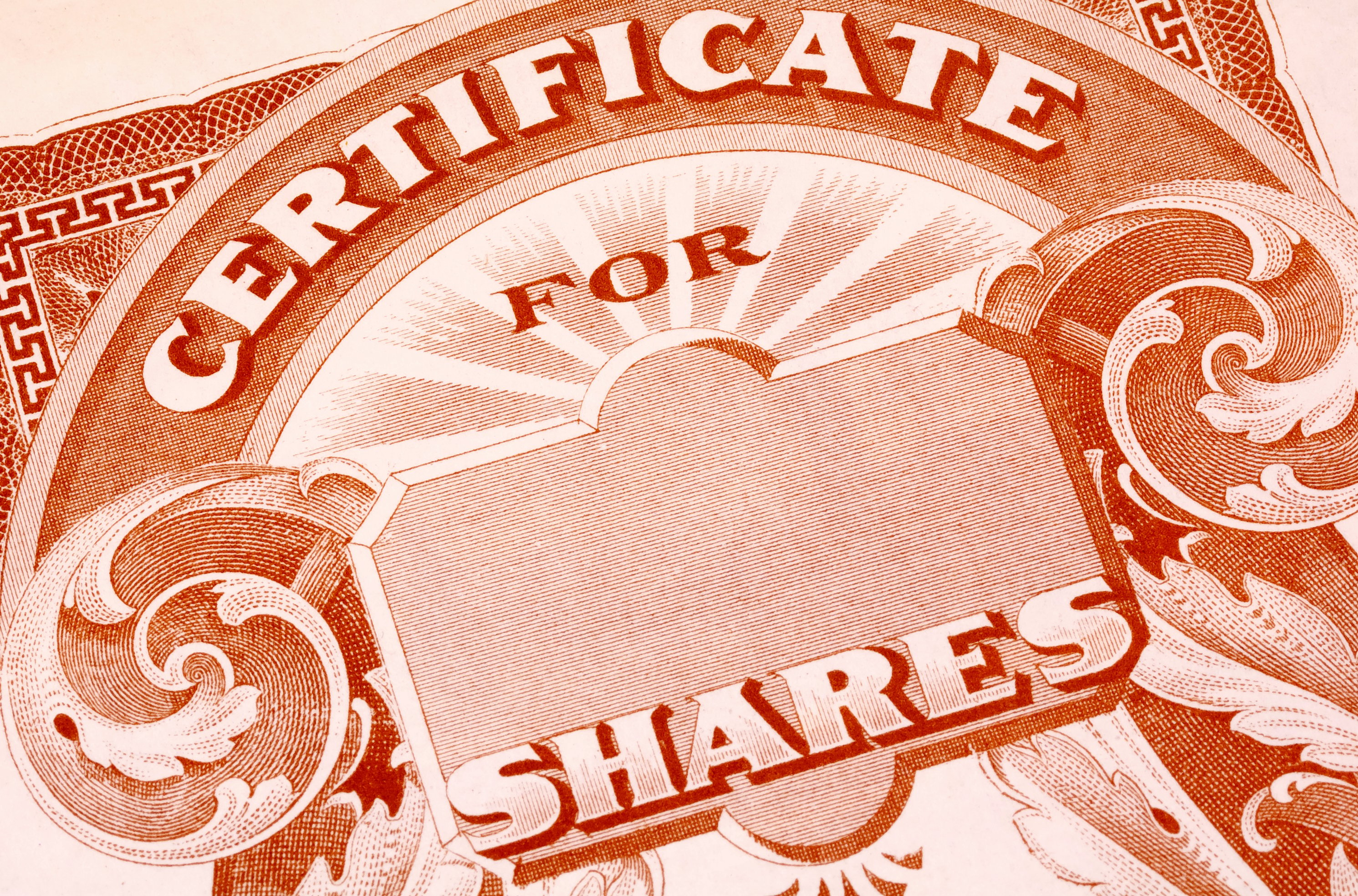Google's (GOOG +2.29%) (GOOGL +2.31%) health care footprint just got a lot bigger, thanks to a new $1.5 billion partnership between its biotech unit Calico and drug maker AbbVie (ABBV +0.09%).

Source: Wikimedia Commons.
Calico, which is headed by former Genentech CEO Arthur Levinson, will build a research and development center in the San Francisco Bay Area to oversee drug development and early clinical trials. AbbVie will help Calico design and conduct research on age-related diseases and neurodegenerative disorders, and have the option to manage the late-stage drug development and marketing of any approved drugs.
Calico and AbbVie will both initially invest up to $250 million, then up to $500 million more each, on the new partnership. The two companies will split the costs and profits from the partnership equally.
What the deal means for Google and Calico
In addition to Calico, Google has recently taken other bold steps into the healthcare field.
It introduced a smart contact lens designed to detect blood glucose levels via tears in January, which was subsequently licensed to Novartis (NVS +0.21%) in July. That same month, Google launched the Baseline Study, which will catalog anonymized genetic data to better understand the defining biomarkers of various diseases. Meanwhile, Google Glass has attracted start-ups developing EHR and augmented reality apps for use in hospitals.
AbbVie's involvement is a major vote of confidence for Calico, which was established last September with a vague goal of treating age-related diseases and extending the average human lifespan by 20 to 100 years. If AbbVie and Calico's drugs are ever approved, the partnership could turn Calico into Google's revenue-generating biotech arm. That would be a remarkable cross-industry accomplishment which Google's industry rivals could only dream of achieving.
What the deal means for AbbVie
For AbbVie, a partnership with Calico is a new way to diversify its portfolio away from its blockbuster arthritis drug Humira, which will lose patent protection in the U.S. in 2016. Last year, Humira generated $10.7 billion in sales and accounted for 57% of AbbVie's top line.
AbbVie also recently signed a partnership with Infinity Pharmaceuticals, worth up to $805 million, for the rights to jointly commercialize its investigational blood cancer treatment duvelisib.
AbbVie's deals with Calico and Infinity are important because they could both yield new cancer drugs. Meanwhile, if AbbVie and Calico also focus on new Parkinson's treatments, they could complement AbbVie's Duodopa, a standard treatment for controlling Parkinson's symptoms which generated $178 million in sales last year.
The Calico partnership is unusual because large drug makers like AbbVie generally partner with smaller companies which have promising drug candidates in their pipelines. Calico, by comparison, hasn't publicly outlined any of its drug development plans yet.
The business of anti-aging
AbbVie and Calico wouldn't be the first companies to try to reverse aging and prolong human lives.
Back in 2008, GlaxoSmithKline (GSK 0.39%) acquired Sirtris Pharmaceuticals for $720 million. Sirtris was developing sirtuins, a class of enzymes which were believed to be involved in the aging process. That effort ultimately went nowhere, and GSK shut down Sirtris last year. Other companies, like Geron, believe that understanding telomeres -- the "bumpers" at the end of our chromosomes which shorten every time cells divide -- could help us treat age-related diseases like cancer. But just like sirtuins, no telomere-targeting treatments have ever been approved.
Meanwhile, drug makers have made little progress in treating age-related neurological disorders like Alzheimer's and Parkinson's disease. To date, no treatment has succeeded in treating the root causes of either disease, and current drugs only treat the symptoms of both.
A Foolish final word
When Google first launched Calico, Antonio Regalado at MIT Technology Review dismissed the effort as "pure snake oil" capitalizing on "people's wish to cheat death".
But considering that Novartis and AbbVie are now both partnered with Google, it's clear that the drug makers see something the public doesn't in the tech giant's healthcare efforts. While it might take several years for these partnerships to bear fruit, Google's growing presence in healthcare -- through smart medical devices, the use of Glass in hospitals, the collection of genetic data, and new drug development -- should not be ignored by tech and healthcare investors.






